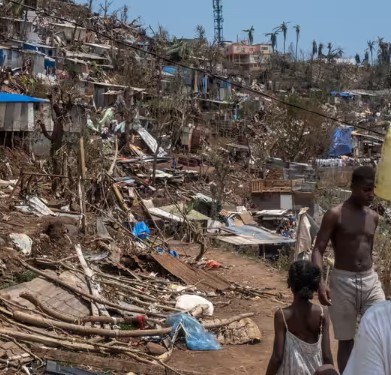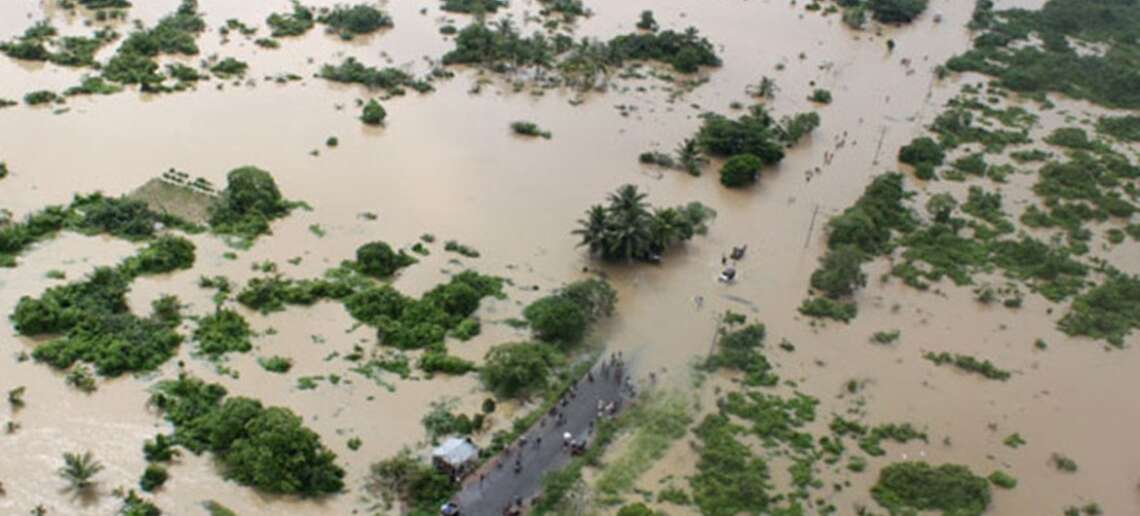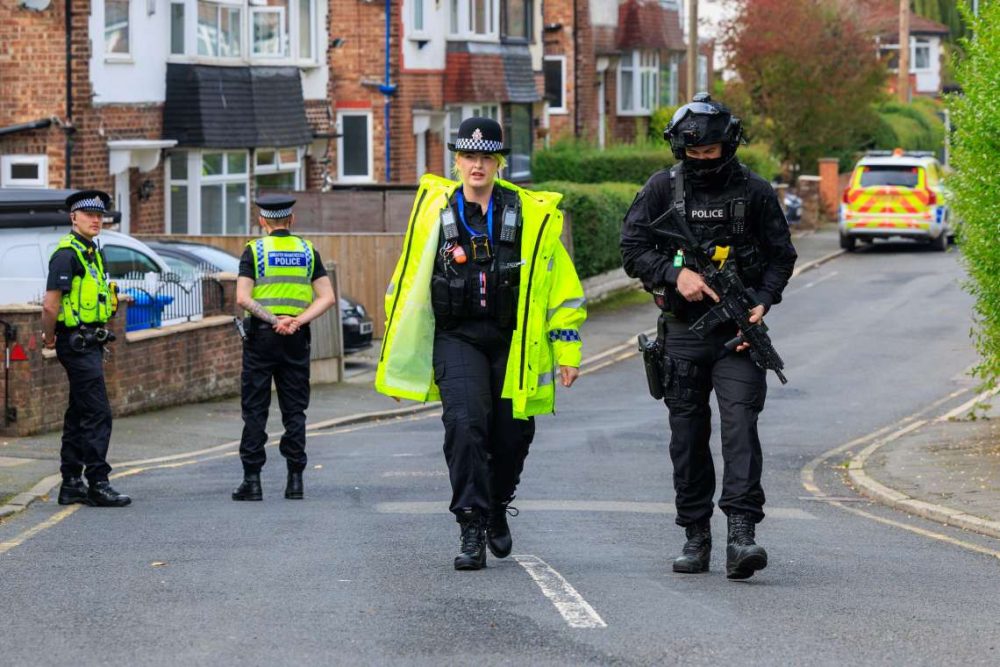Sanctuary staff, members of the community and even police officers joined together in a rescue operation, wading through the water with large containers to collect the bewildered tortoises…reports Asian Lite News
A community in southern Madagascar has come together in an extraordinary effort to save thousands of critically endangered tortoises swept from their sanctuary during severe flooding caused by Tropical Cyclone Dikeledi earlier this month. The cyclone, which struck in mid-January, left the tortoises, including 12,000 radiated and spider tortoises, swimming for their lives in floodwaters that inundated the Lavavolo Tortoise Center.
These tortoises, many of which had been confiscated from illegal wildlife traffickers, faced an unexpected and perilous ordeal when floodwaters rose to a meter (3.2 feet) high, engulfing their sanctuary. Carried away by the rushing waters, the tortoises — some as young as 25 years old and others nearing 50 — were left stranded and disoriented in the surrounding areas.
The rescue operation was a collaborative effort involving sanctuary staff, local residents, and even police officers. Equipped with large containers, the rescuers waded through the floodwaters to collect the scattered tortoises. Damaged building structures were ingeniously repurposed into makeshift rafts, allowing the rescuers to transport the reptiles safely and efficiently.
Hery Razafimamonjiraibe, the Madagascar director for the Turtle Survival Alliance (TSA), which manages the sanctuary, expressed optimism that more than 10,000 tortoises had been saved. “We still need to conduct an official count,” Razafimamonjiraibe said, noting the challenge of counting tortoises due to their surprising agility and lack of cooperation. He added that tortoises, contrary to popular belief, are capable swimmers. “Fortunately, most of the tortoises were able to float. You should see them — they’re very good swimmers,” he said.
Tragically, around 700 tortoises were found dead, likely trapped by rocks and debris swept in by the floods. The loss is a significant blow, but the community’s swift response has ensured that the majority of the tortoises were returned safely to the sanctuary.
The flooding also dealt a devastating blow to the Lavavolo Tortoise Center’s infrastructure. Much of the sanctuary, which had undergone a major renovation in 2018 to accommodate 10,000 radiated tortoises seized from wildlife traffickers, has been damaged. The center, run by the TSA, had become a critical haven for these tortoises and additional groups confiscated in subsequent years.
Radiated tortoises, native to Madagascar, are known for their striking yellow and black shell patterns. These tortoises typically grow to about 30 centimeters (11.8 inches) in length and have remarkable lifespans, often reaching 100 years or more. Historical records suggest their resilience and longevity, with one tortoise reportedly gifted by British explorer Captain James Cook to the Tongan royal family in 1777. That tortoise is said to have lived until 1966, reaching an age of 188 years.
Despite their hardiness, radiated tortoises are critically endangered due to habitat destruction and poaching. They are often targeted for their meat and are illegally trafficked as exotic pets because of their distinctive shells. According to Razafimamonjiraibe, tens of millions of radiated tortoises once roamed Madagascar, but their population has been drastically reduced. The Turtle Survival Alliance estimates that the species has disappeared from 65% of its natural habitat.
Spider tortoises, also housed at Lavavolo, face similar threats. Both species are integral to Madagascar’s biodiversity but are under constant pressure from human activities. Cyclone Dikeledi’s impact has highlighted the challenges of conserving these species in the face of not only human threats but also natural disasters exacerbated by climate change.
The sanctuary’s current focus is on rebuilding its infrastructure and ensuring the long-term safety of the rescued tortoises. The TSA and local authorities are exploring ways to fortify the center against future disasters. Additionally, the organization is calling for increased awareness and action to protect Madagascar’s endangered tortoise populations from both environmental and human threats.
The resilience of the Lavavolo Tortoise Center’s team and the community’s collective effort underscore the importance of local involvement in wildlife conservation. By coming together to save these tortoises, the people of southern Madagascar have demonstrated the power of community in safeguarding the island’s unique natural heritage.
Still, the battle to protect Madagascar’s tortoises is far from over. With their numbers dwindling and their habitats shrinking, these iconic reptiles face an uncertain future. Conservationists hope that the events following Cyclone Dikeledi will serve as a rallying cry for more robust measures to protect Madagascar’s endangered species and their habitats. For now, the rescued tortoises are a testament to the community’s dedication and a symbol of hope in the ongoing fight to preserve the island’s extraordinary wildlife.












